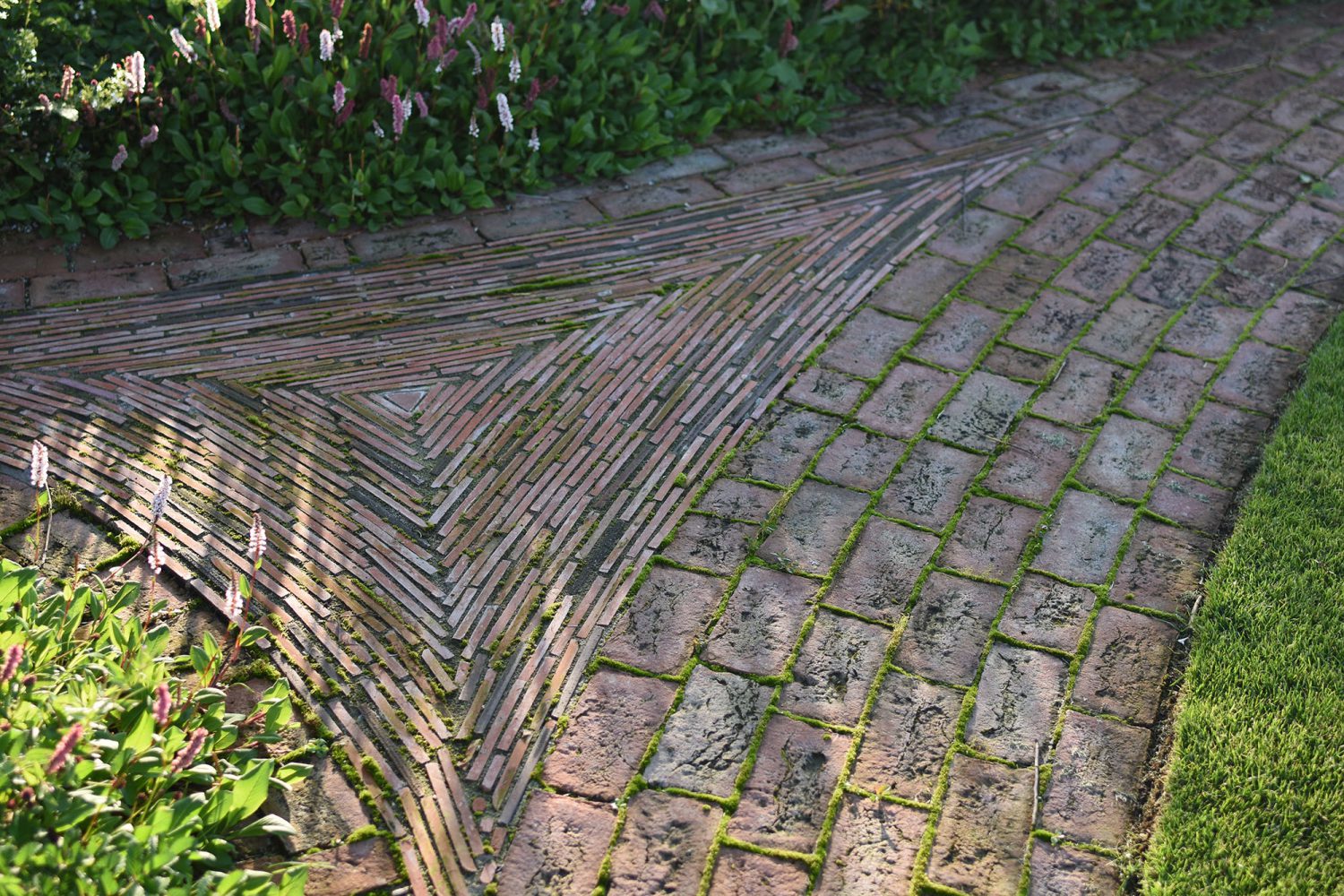On Paths
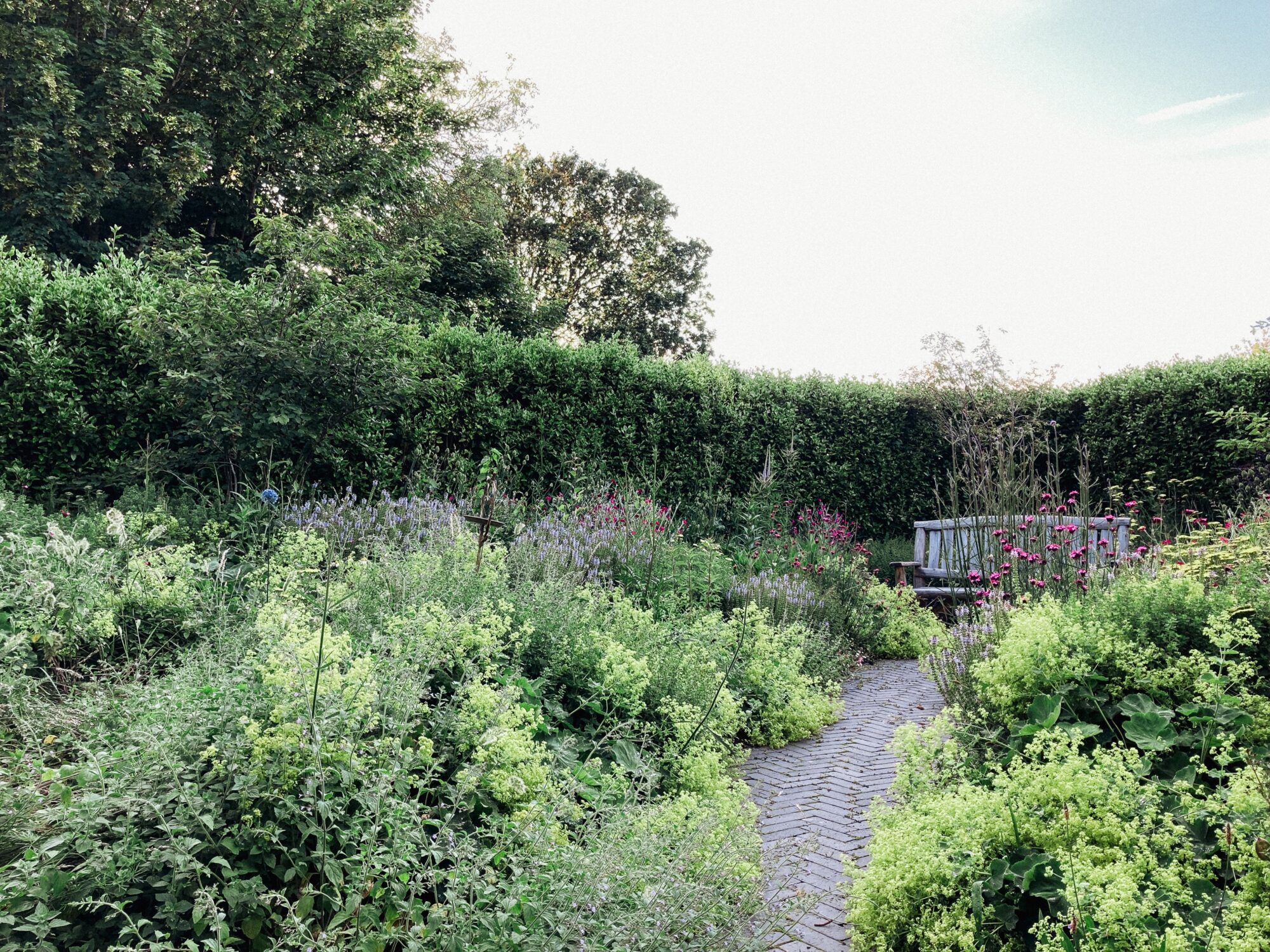
Paths can occur in any direction, and over pretty much all terrain. Some arrive accidentally through the habits of paws and hooves – many suburban lawns will hold the imprint of a nightly scavenge by some nocturnal inhabitant. Motorways could easily have been laid over the ancient paths made by migrating mammals taking the most economical route.
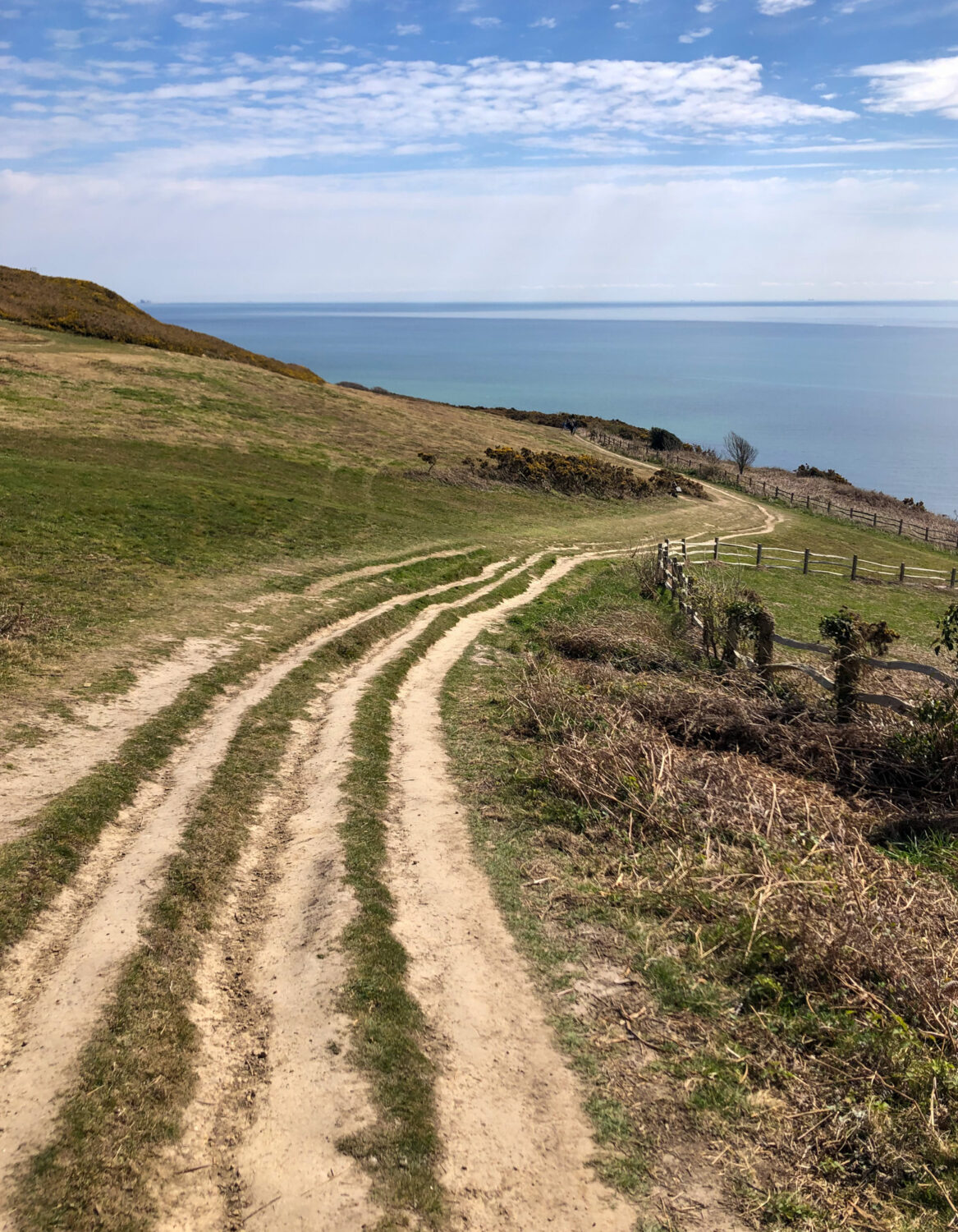
Every path is an invitation to share something. We share paths with creatures – human or otherwise – who have literally trodden the same path, sometimes thousands or even millions of years apart. Palaeontology shows us that the walking habits of dinosaurs were not so different from ours.
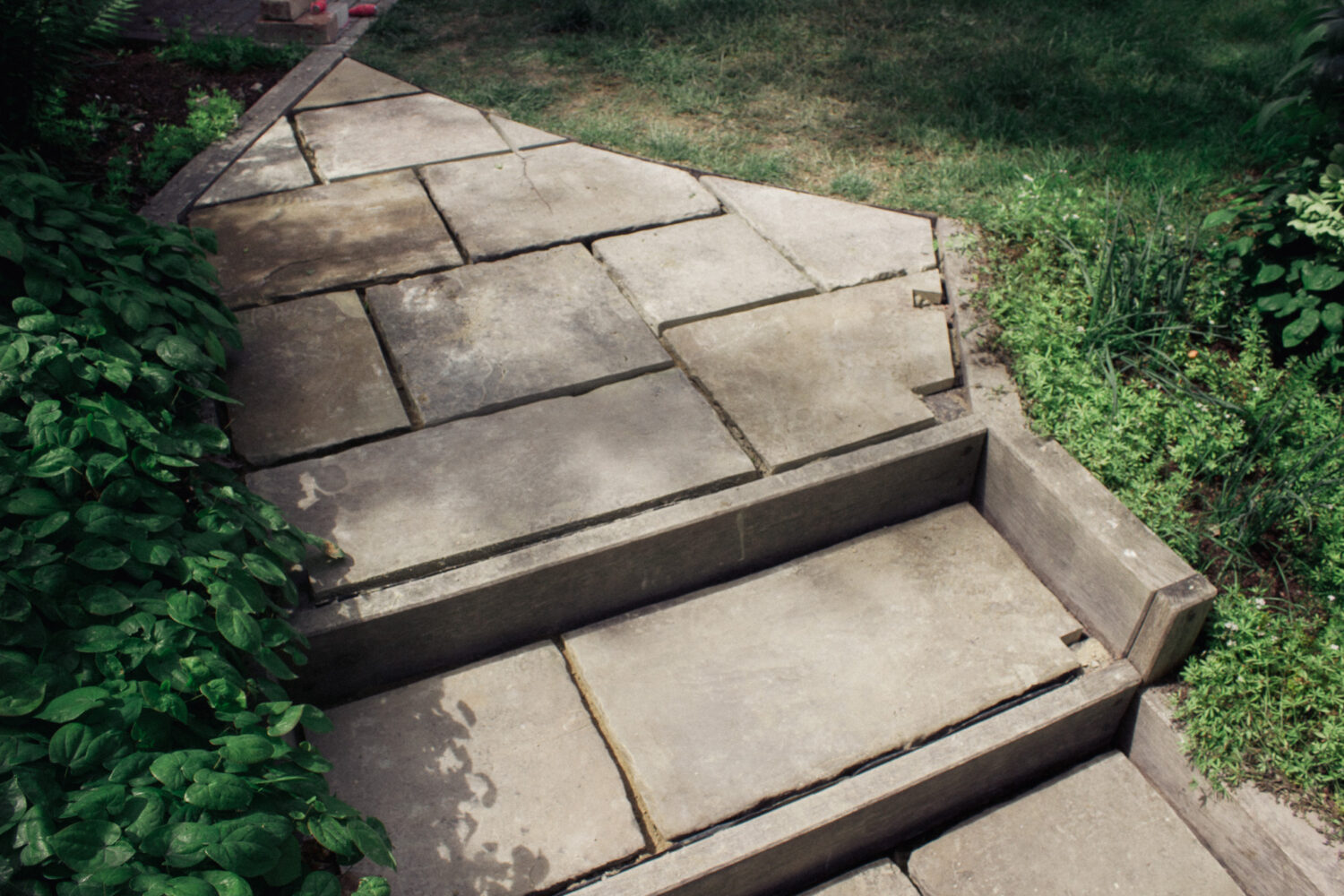
Sometimes the most memorable paths are those that have been intentionally laid. The backbone of any garden provides the stage for a stream of nostalgia: herringbone brickwork whirling with spider mites; concrete cratered for years by a careless heel print; jumping over the lines of a flagstone grid; York stone worn smooth by a stream of footfall.

Most of us will have a path from childhood they can bring to mind in a moment of sleeplessness (visualising a slow journey down a favourite pathway from childhood can be a good way to get to sleep). Children play along paths lined by daffodils from when they’re daffodil height and above. Paths, more often, are a conduit for pleasure, but also a place for remembrance and grief.
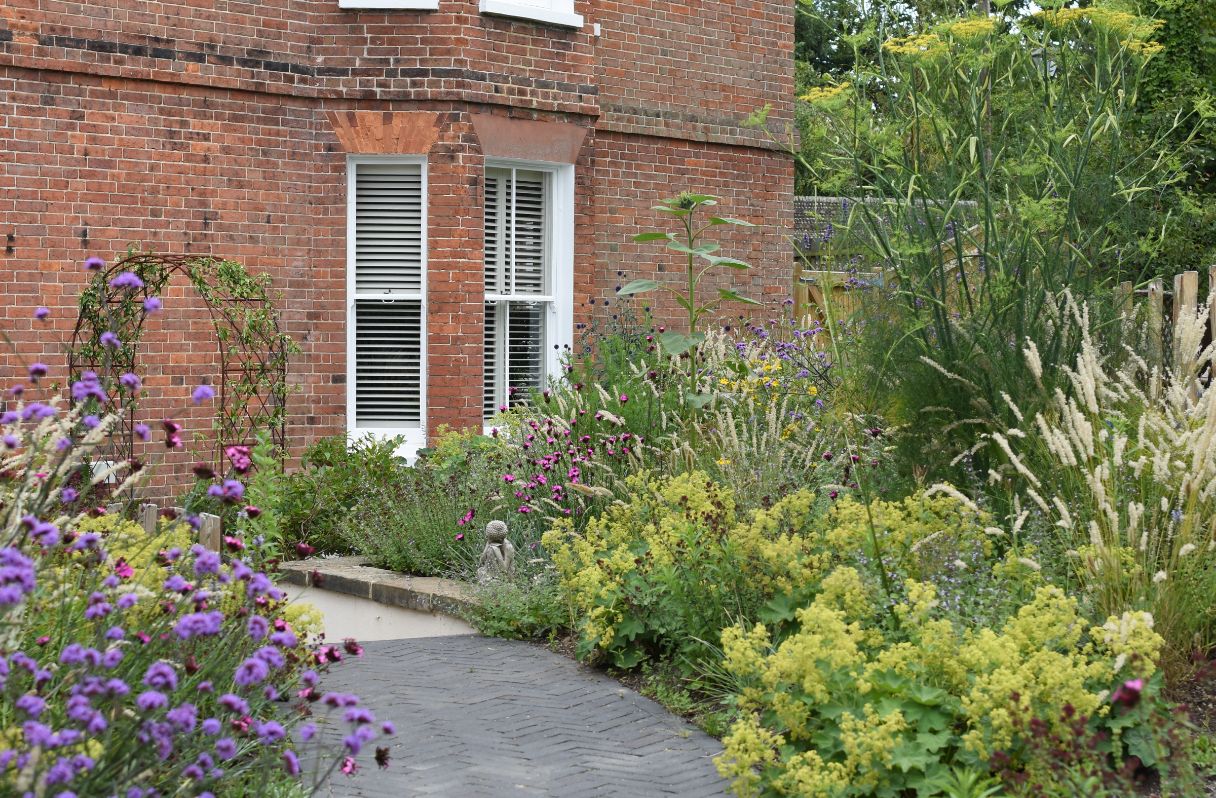
Whatever or wherever, the few days of care taken to lay path are likely to bring into form a passageway that will outlive its builders. Imagine, say, like some kind of Google-map filter, a map of the UK showing only the fossil-like imprints of its paths. Each of these a memorial to the forgotten hours spent by those planning and constructing them.
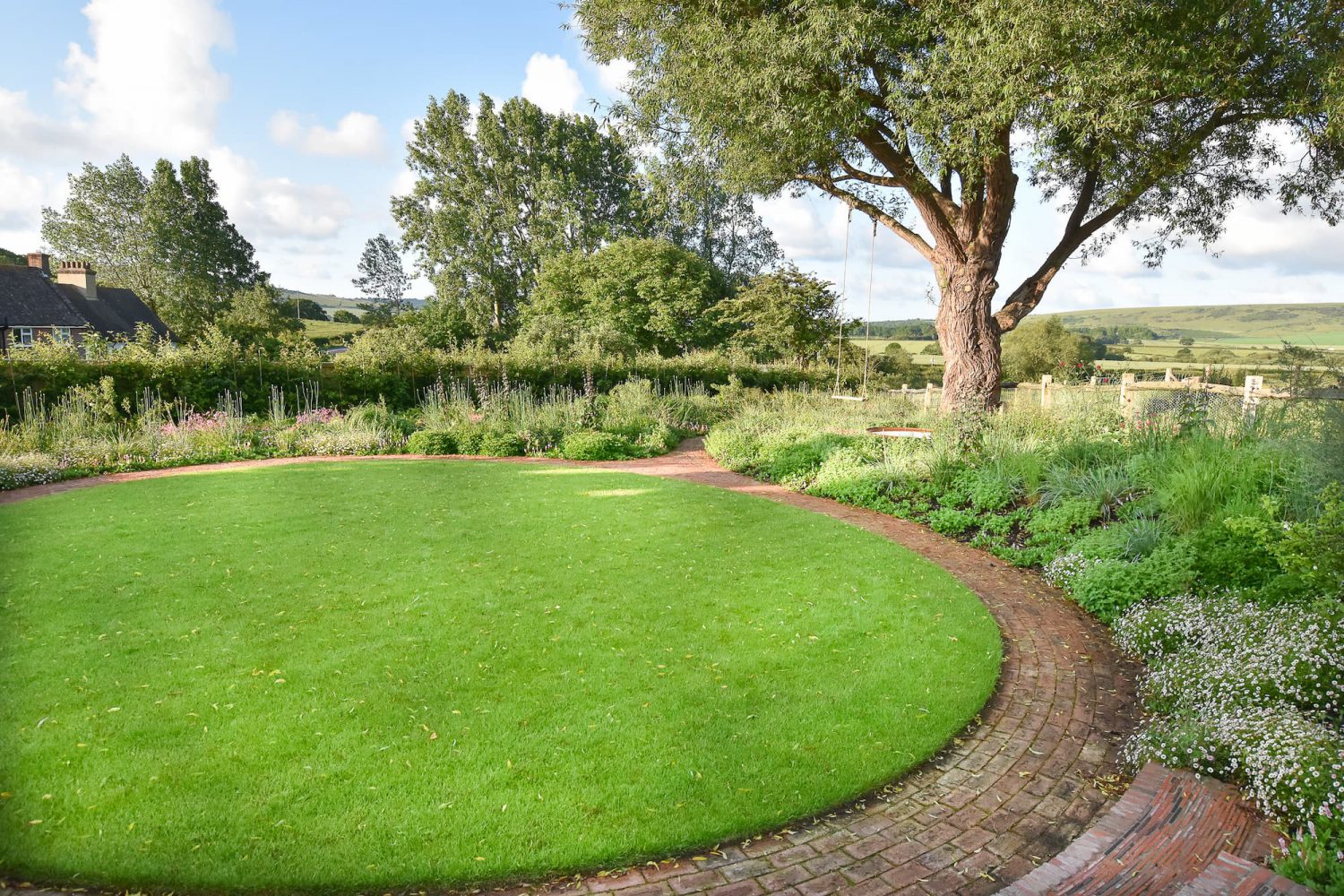
And of course paths are often, metaphorically, about choice. Where do we want to go? And how certain are we of that direction? Can we see clearly what to do? A cliched path is one that stretches into the future, taking us towards our ambitions. Although sometimes, we are told, it’s also possible to take the wrong route. There’s that famous Robert Frost poem that invites a choice between two paths diverging in a yellow wood. It might be a good place to depart.
